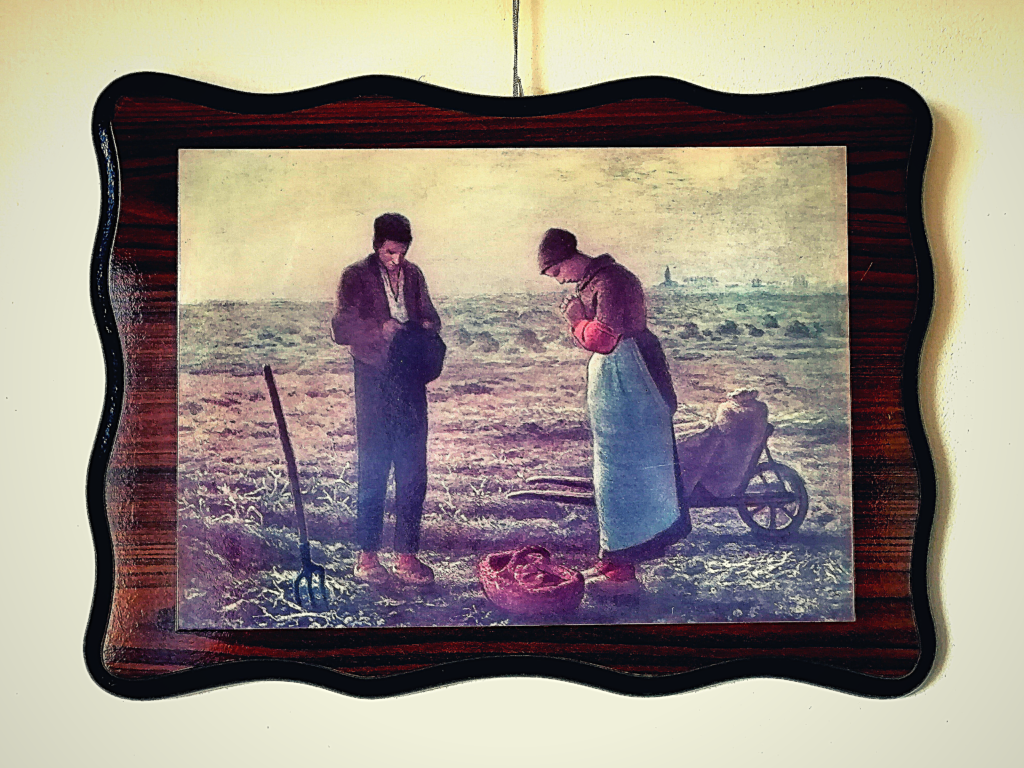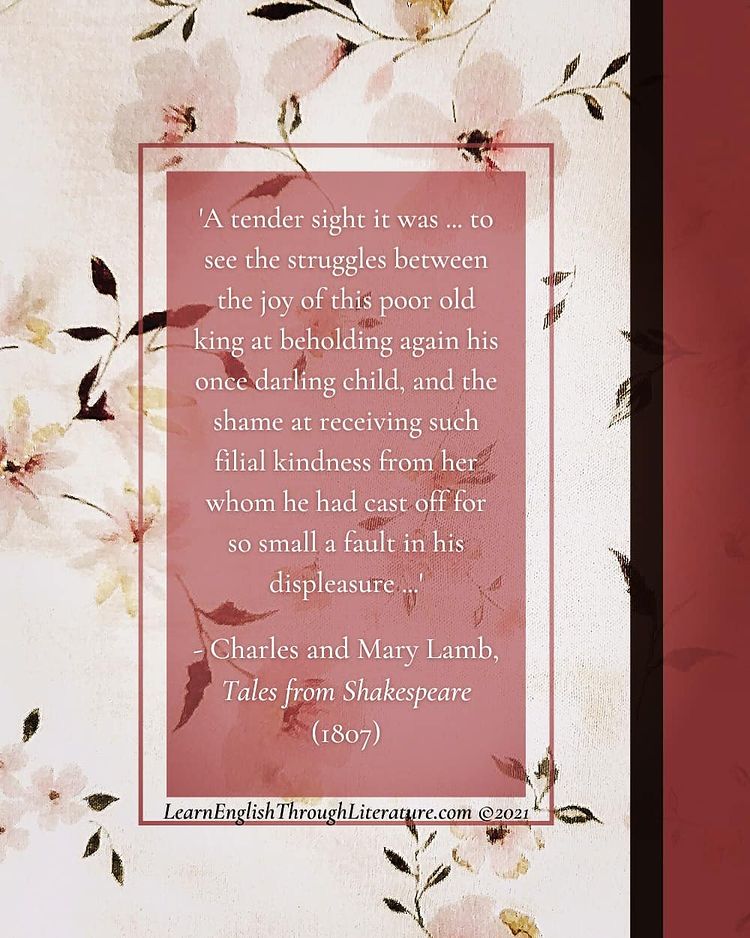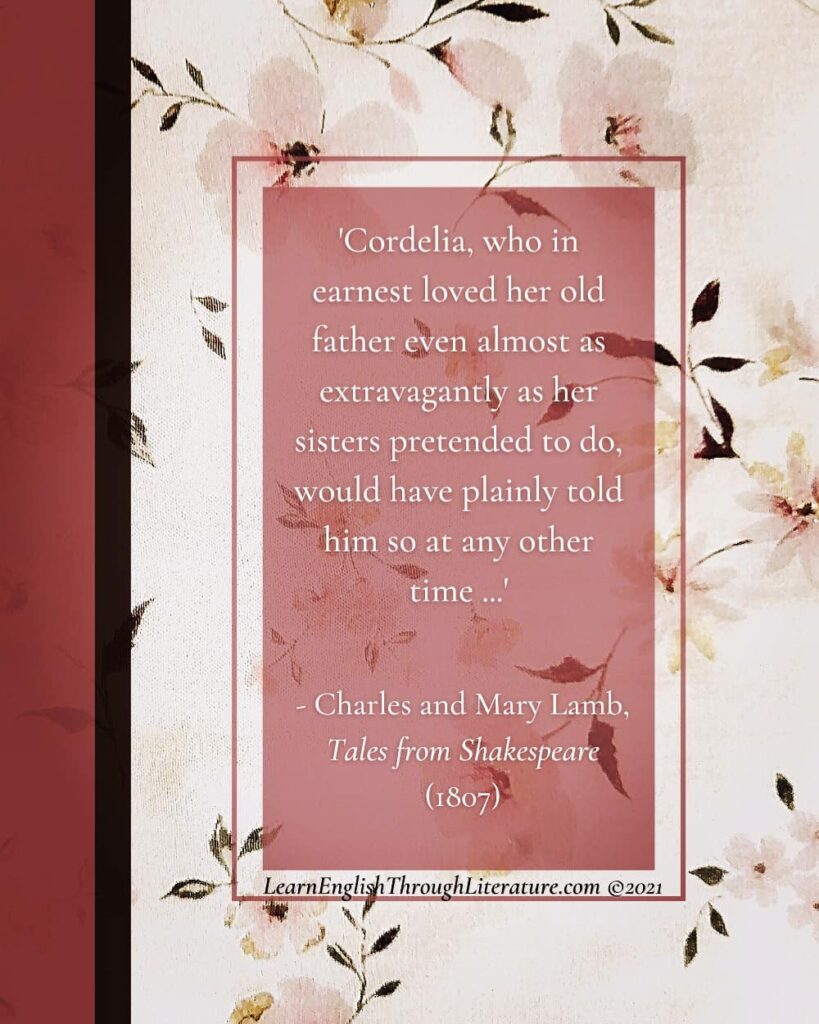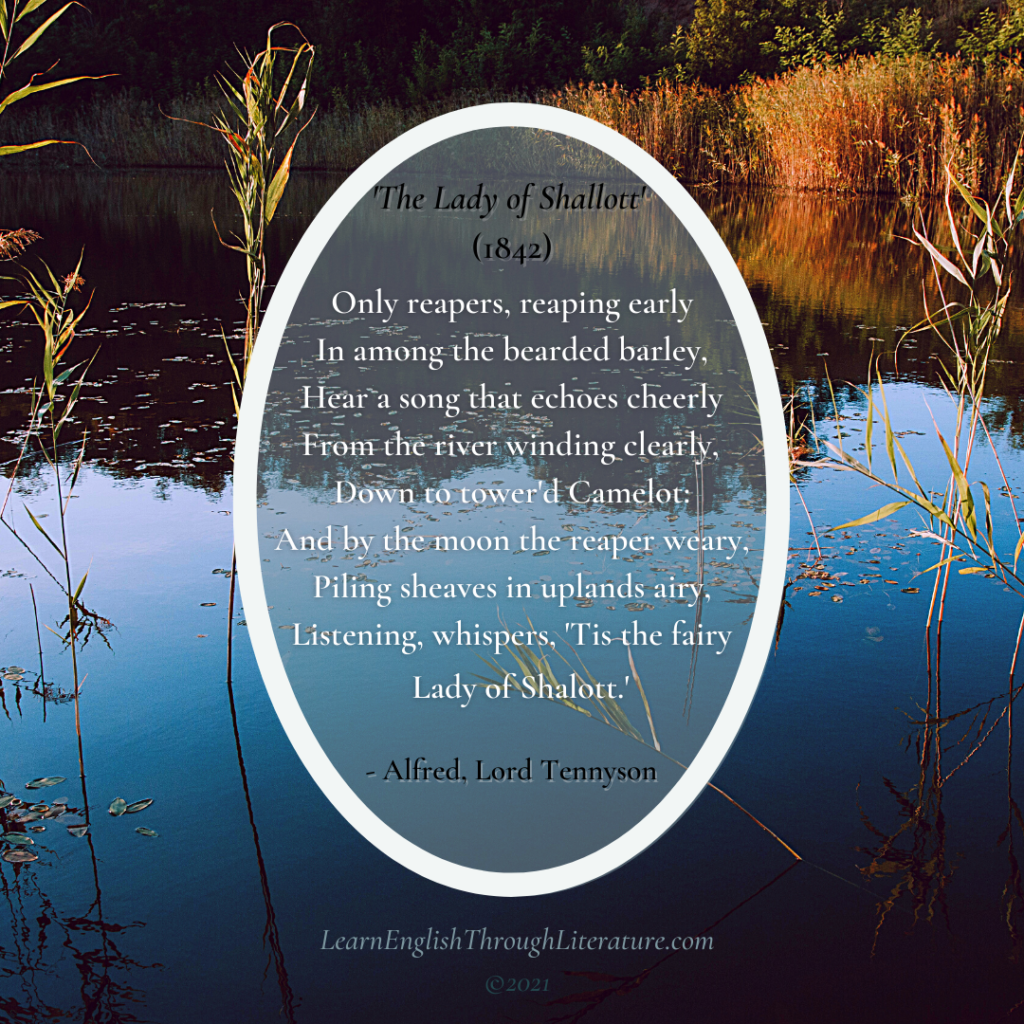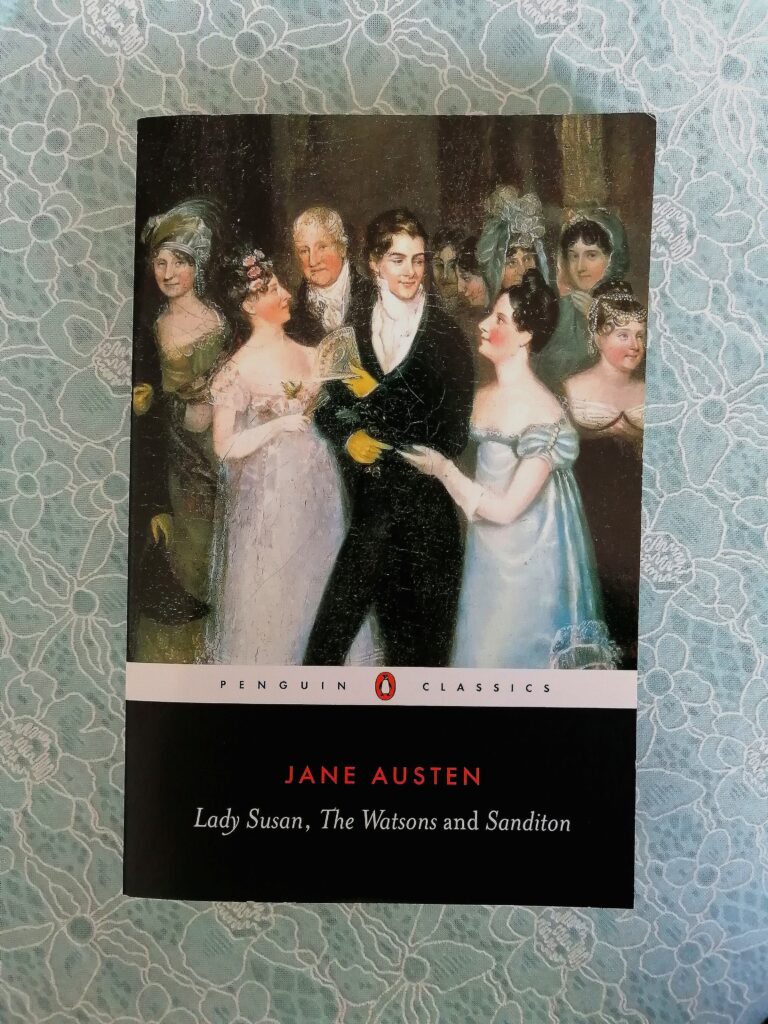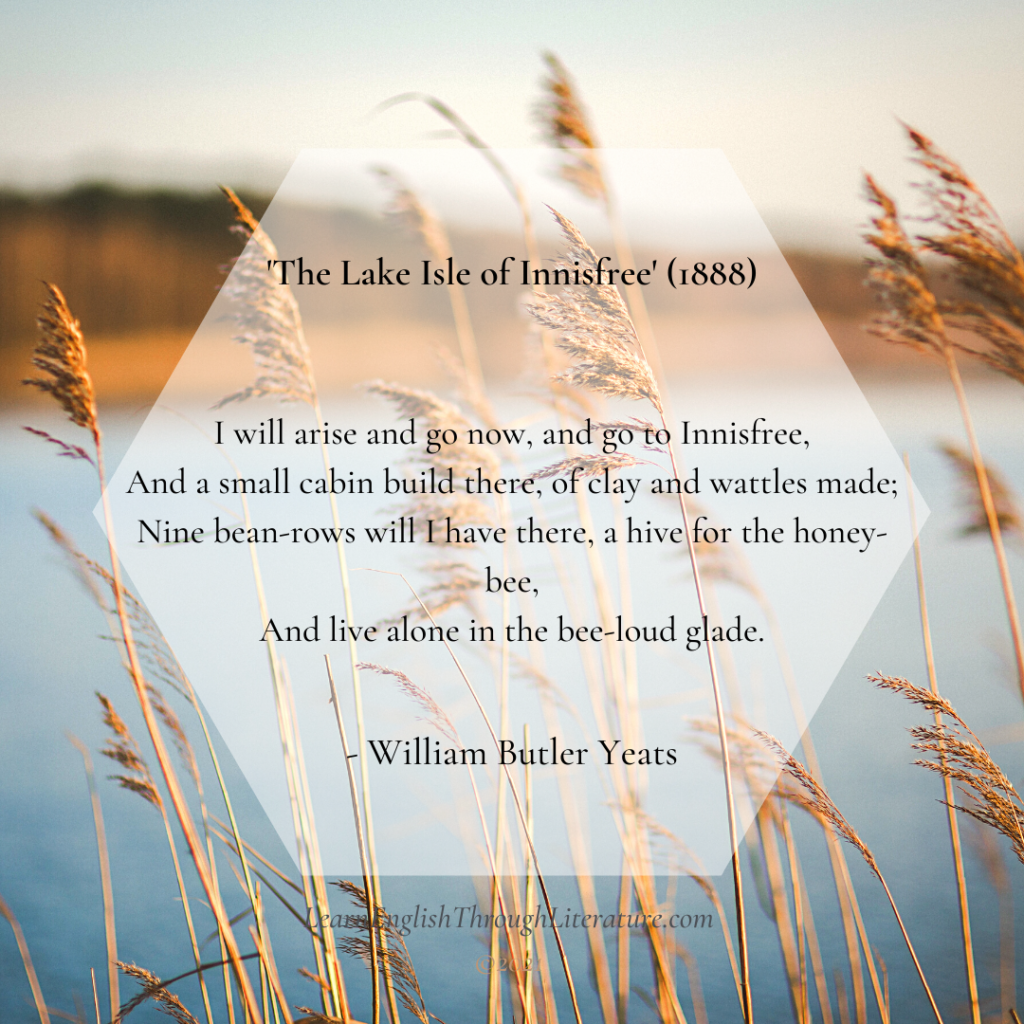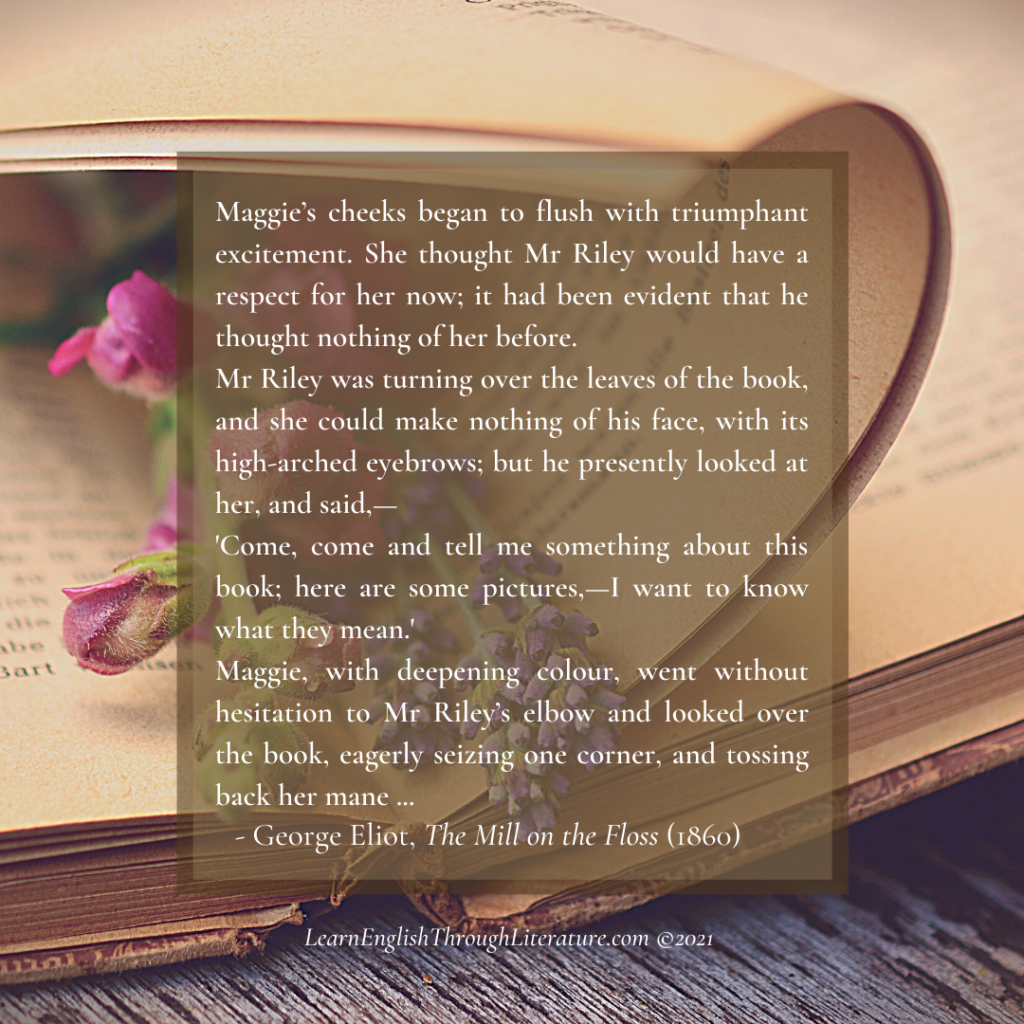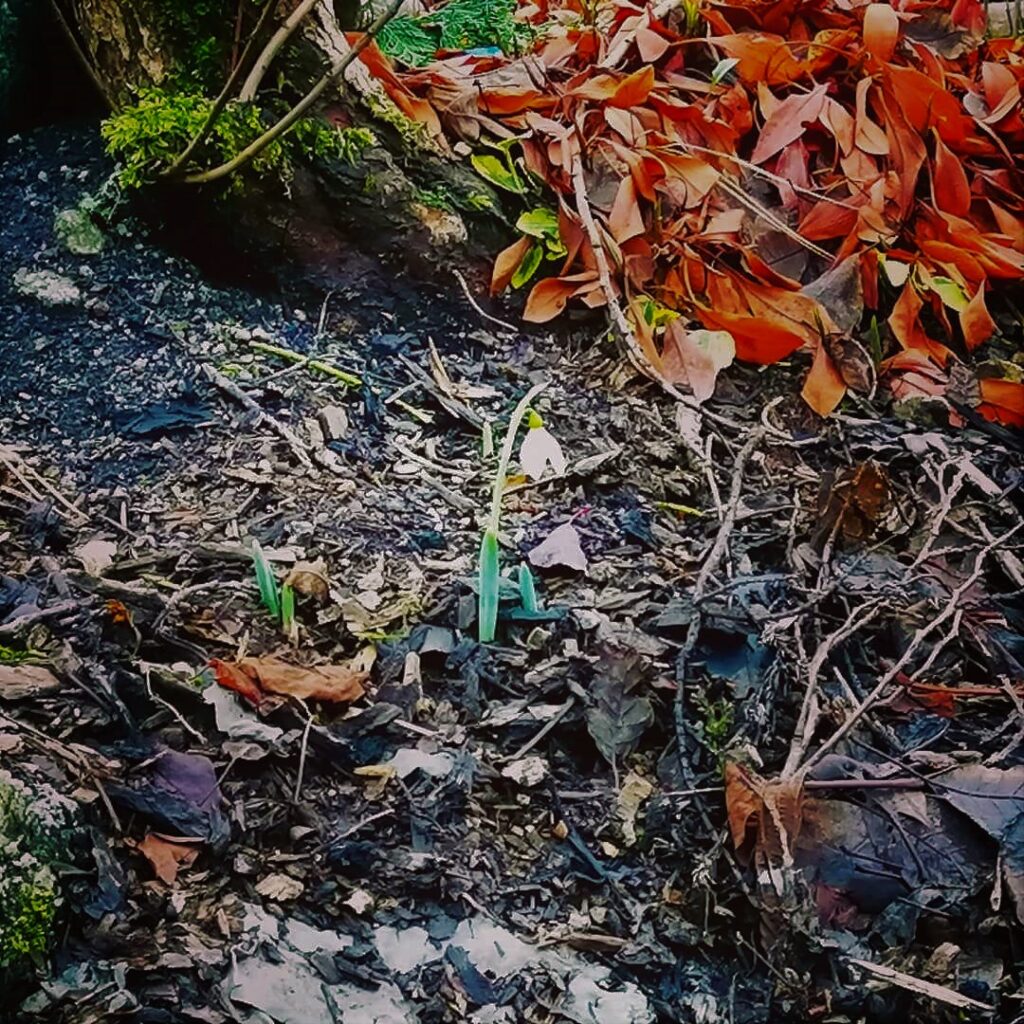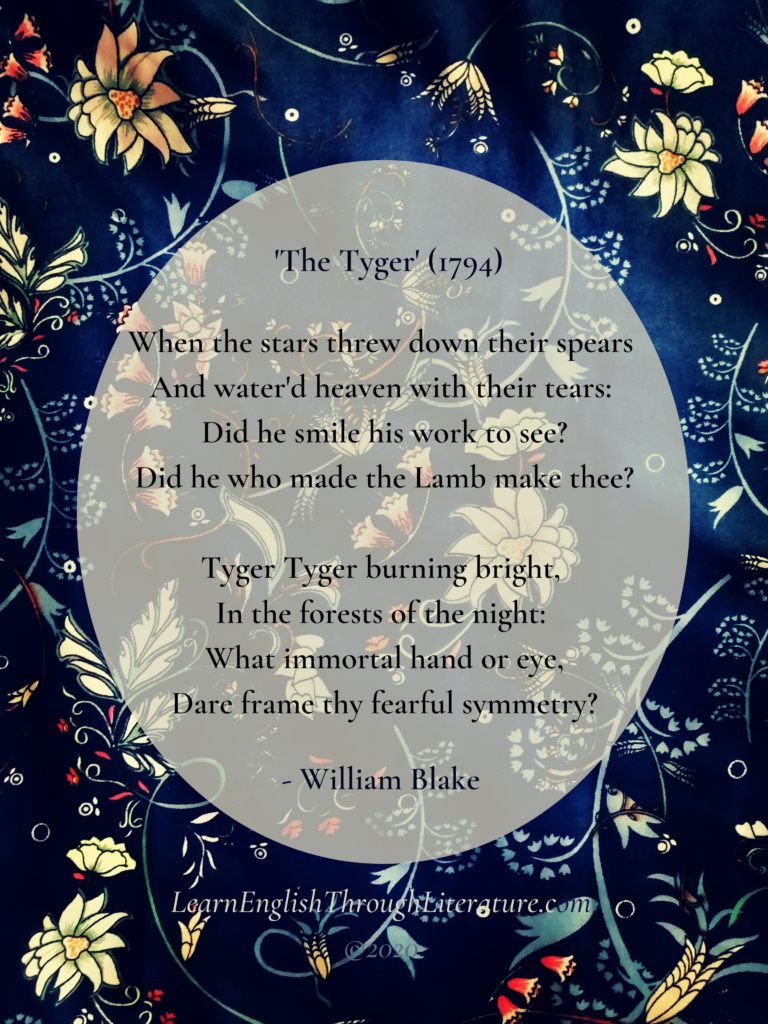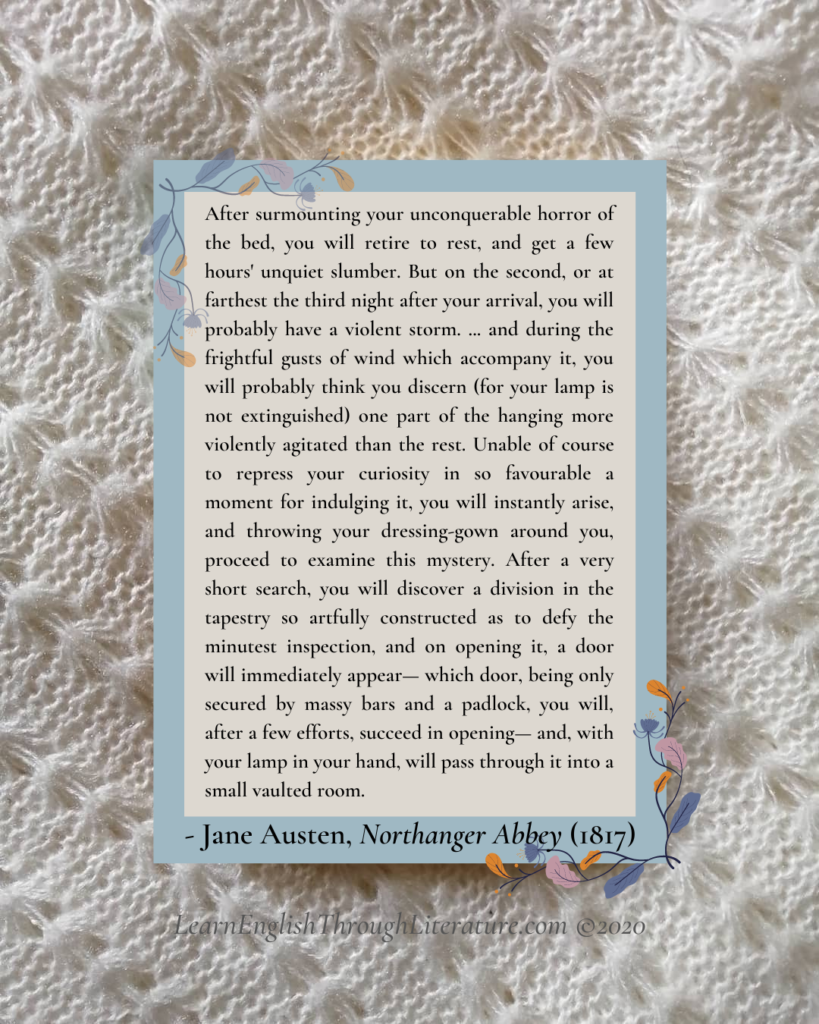Lesson #166: Everyday English Idioms (From One of the Most Influential Books in English)
If you have been watching the ceremonies to commemorate the inauguration of the U.S. president today, you will have overheard several references in their speeches and poems to one very influential book in the English language: the Bible. This is because for centuries, the English Bible – specifically the King James Version, first published in […]
Lesson #166: Everyday English Idioms (From One of the Most Influential Books in English) Read More »

